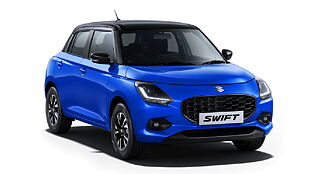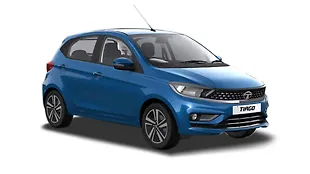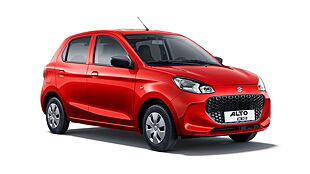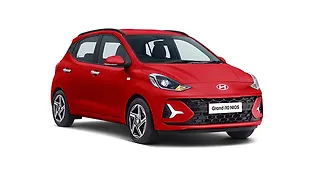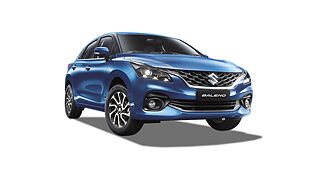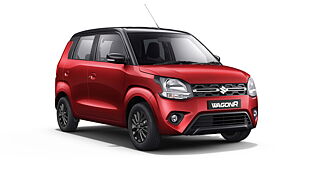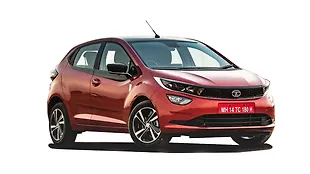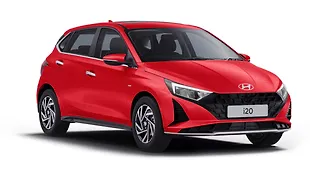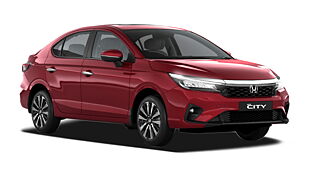Introduction

My first-gen Honda Jazz has always run on its stock tyre size. Given the recommendations, it always felt to be the safest and a convenient option. After many years now, I thought of having a slightly wider and taller set of tyres. Of course, while still staying within the acceptable norms. And during my search, the good folks at Apollo suggested their Alnac 4G range. Given my needs of mostly city driving with that inter-state drive once a year, the purpose of these tyres suited and turned out to be relevant to me.

What does Apollo claim about them?
Apollo says the Alnac 4G is engineered to provide the right balance of city and highway driving. And more importantly, in any season. The key USPs mentioned include improved braking, outstanding control, impeccable stability while cornering, and high-quality driving precision. That said, my basic needs of good grip, traction, and stability seem to be covered as of now.

What's new about the tyres?

Firstly, the tyres have a larger outer shoulder aimed to offer greater control while cornering. Secondly, the tread pattern is such that the centre rib is stiffer and the contact patch is longer as well. Lastly, Apollo has used a rubber tread compound of a higher Tg or glass transition temperature. This should support the claim of better grip and smaller braking distances.

Specs: Speed Rating, Tread Depth, Width, Profile

The Alnac 4G tyres have a load/speed rating of 88H. This means each tyre can bear weights up to 560kg and speeds more than 200kmph. And before we installed these on, we even checked the tyre depth and weight of each, which turned out to be 7.5mm and 7.3kg respectively. Now, to gauge its performance and quality after installing, we shall keep a watch on the tyre tread periodically. As for the process of installation including wheel balancing and alignment, all of it was completed within an hour. It was also hassle-free with the quick and professional service at the authorised Apollo dealer.

Well, the previous tyre size of this iteration of the Jazz was 175/60 R15 and now I've upgraded to 185/65 R15. Ultimately, the wheel diameter has gone up by an inch, the width increased by half an inch, and similarly with the side walls. But with a 5–6 per cent increase in sizes, I'm assured it won't have a drastic effect on fuel efficiency or performance. Well, nor do these wheels brush the bodywork, and neither do they rub against the wheel arches while steering in or out.

In fact, the wheel wells now fill better and I have got tyres with a wider tread and higher profile. Furthermore, a change from used tyres to brand new ones has considerably brought in a better grip. Still, we will test these over a few months to see how optimum these turn out to be in our sketchy and tricky road conditions.

What all cars it can fit?

There’s a wide mix of body styles that the Alnac 4G caters to. And it’s a varied one with premium hatchbacks, compact SUVs, and even some sedans and MPVs. Also ascertaining this is the fact that the Apollo Alnac 4G is already being used as an OE fitment for various manufacturers. To name a few, cars from Maruti Suzuki like the Baleno, Ciaz, Vitara Brezza, Swift, and Dzire were equipped with the same. And earlier models of the Hyundai i20 also got them, like the Fiat Punto and Volkswagen Vento. Predominantly, it can suit cars from across segments. You just need to check for the right size. What’s more, these tyres are also covered by a standard five-year manufacturer warranty.
To know more about its usage, performance, tyre wear etc., in the long run, stay tuned for our next update.
Pictures by Kaustubh Gandhi

![Honda Jazz [2009-2011] Image Honda Jazz [2009-2011] Image](https://imgd.aeplcdn.com/272x153/cw/cars/discontinued/honda/jazz-2009-2011.jpg?q=80)
